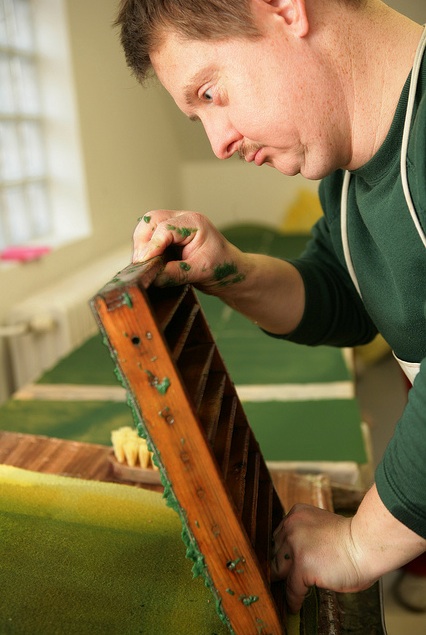My special needs child cannot sit still for very long. Do you have a policy for restraining a child in the dental chair?
It is quite common for any person with special needs including dementia, brain injury, Autism, Parkinson’s, and intellectual disability to name a few, not to be able to sit still for very long. We will typically employ the method that works best in the home as discussed in depth with the parent or carer during the consultation appointment. It is crucial that we know before hand all the tips and tricks the parents or carers use in the home as we will then be able to adopt the same approach. We will never physically restrain a person, as this adds a level of anxiety to an already stressful situation. The last thing we want to do is make a visit to the dentist a traumatic experience. If need be, there are various options for sedation, which can be employed to assist with behaviour management, if required.
 Does your practice treat special needs patients without sedation?
Does your practice treat special needs patients without sedation?
Yes we do. It is always preferable to be able to treat any person in a dental chair without the added costs of sedation, if we do not need to. We take our time to earn the patient’s trust and understanding so they will never feel rushed. Often this is all a special needs person requires, trust and understanding.
Is your practice a ‘preferred health insurance provider’?
No we are not. This choice is growing in importance as health insurers place tighter restrictions on what can be performed on a patient for a certain cost. Whilst it appears attractive for the patient, it is doing nothing more than increasing profits for health insurers. Also, a ‘preferred provider’ certainly does not mean ‘higher quality’. Often the insurer will pay less than what it costs to provide the service, and therefore other fees have to go increase to compensate. And it has been known for corners to be cut when this occurs. We do not feel this is fair to either us or the patient. Instead, we have made our prices as low as practically possible offering treatment to many, rather than treatment to just a few. Please see our News section and Pricing Structure pages for further information.
Is there any dental or oral surgical treatment you do not do?
No there is not. Our practice is able to provide the entire range of dental services, so there is no need to be referred anywhere else for treatment. The only referral that is likely to be made would be to another medical specialist, if it was necessary.
Is your practice able to accommodate wheelchairs?
Yes, at present wheelchair access is possible in non-motorised forms. We have recently applied for a State Gov grant for building works to widen the doorway access to all of our rooms so those people with motorised wheelchairs can also be seen. There is a small step for the time being that needs to be negotiated but this so far has not posed any problems for any person visiting our rooms.
My current dentist has told us the only option for special needs patients is to have treatment in hospital which is very expensive. Is this true?
Certainly not. Whilst it is preferable to conduct some treatment in hospital, many special needs patients need only mild forms of sedation or behaviour management, and others benefit from conscious sedation. Your dentist is welcome to conduct the treatment at our rooms, whilst we perform the sedation. Just have your dentist contact us to discuss your needs. Otherwise, our Special Needs dentist Dr Wilma Johnson is very happy to conduct any dental treatment that may be required.
Do all autistic children require anesthesia for dental procedures?
Keeping an autistic child calm during a dental procedure can sometimes be quite difficult. There are many ‘triggers’ that can provoke an adverse reaction from an autistic person. These can include entering an unfamiliar office, noises, and dealing with new people for example. Autistic patients face more oral hygiene challenges due to irregular brushing and flossing routines and therefore, sedation may be their best option to minimise stress and trauma. However, we always attempt to first get to know the patient during the consultation appointment as much as possible. If we can use behaviour management to treat a person in the chair, we will.
Do patients with developmental disabilities have a higher risk of poor oral health?
Patients with developmental disabilities certainly can have a higher risk of poor oral health as it is often much more difficult for them to maintain their own oral hygiene. Also it may be difficult to find a dental practice that is able to manage their needs using time and understanding. Often even the initial examination can often prove to be difficult. Always look for a dentist or dental practice that has some form of experience in treating special needs patients.
Do I need a referral to attend your practice for Special Needs dental treatment?
No. All new patients are very welcome at all times. We will require an up-to-date medical and medication history however, that we can easily obtain from your current GP. A medical history form will also be provided to you on the day of your appointment to allow us to ensure that we have the most current information on your health as possible. Or you can download a medical history form and bring it to your appointment. Or scan and email the completed form in preparation for the appointment.
Please feel free to contact our rooms at any time by telephone or email should you have any further questions.


